The Mirror picked up on the shocking news of 32 year old YouTuber and Fortnite gamer Ninja, who revealed that he was receiving treatment for melanoma skin cancer on his foot.
The feature headlined:
“YouTuber Ninja’s skin cancer symptoms revealed after spotting sign on bottom of his foot”
Ninja (real name Tyler Blevins) initially shared his news on X (Twitter), saying:
“Alright I’m still in a bit of shock but want to keep you all updated. A few weeks ago I went in to a dermatologist for an annual skin/mole check that Jess proactively scheduled for me. There was a mole on the bottom of my foot that they wanted to remove just to be careful. It came back as melanoma, but they are optimistic that we caught it in the early stages.”
More information
The news of Ninja’s diagnosis has since been circulated widely and the online have wished him well with treatment and recovery.
As seen in The Mirror
Expert Melanoma Advice by Dr Ross Perry
The Mirror contacted Dr Ross Perry, GP and founder of Cosmedics Skin Clinics, who outlined 3 telltale signs.
1/ Pearly lesions on the eyelids:
“The eyelids are a common place for skin cancer, around 85% to 95% of eyelid cancers in non-asian countries are basal cell skin cancers.
“Malignant (cancerous) growths on the eyelid can appear brown, black, red or flesh coloured (pearly) it’s important to be aware of any changes such as appearance, shape, colour and growth. They may be crusty or sore, itchy and tender and appear shiny and waxy looking.”
2/ Black marks under the nails:
“Subungual melanoma which can appear under a toenail or fingernail can easily be mistaken for a bruise. Repeated injury to finger – or toenails has been identified as a risk factor for developing subungual melanoma.
“Subungual melanoma can spread to other parts of the body if left so It’s important to get checked out as soon as you can.”
3/ Unexplained scars:
“If you have a scar like patch of skin which appears entirely out of nowhere and continually grows it could be a sign of Basal Cell Carcinoma which is a cancer that grows on parts of your skin that is exposed to a lot of sun.
“It is the least risky type of skin cancer as long as you get it checked out early.”
Read this article in full
To read more, please visit https://www.mirror.co.uk/3am/us-celebrity-news/youtuber-ninjas-skin-cancer-symptoms-32451675.
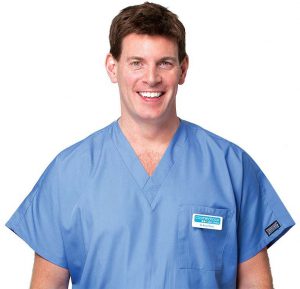 Dr Ross Perry
Dr Ross Perry
Dr Ross Perry often assists the media with his explanations and information. He has extensive experience as an NHS GP and skin cancer reconstruction doctor alongside his private work as Founder and Medical Director of the London Mole Removal Centre.
He is renowned as an expert in removal of skin lesions. He has removed thousands of moles in his role as Medical Director and founder of Cosmedics Skin Clinics including the London mole Removal Centre.
Private Mole Checks & Removal
The London Mole Removal Centre is a private company, offering diagnosis and treatment for skin lesions including moles, cysts, skin tags, warts, verruca, lipoma, xanthelasma, milia. All consultations and treatments are carried out in person by doctors who are specially trained in the latest laser and skin surgery techniques and are highly experienced in the field. Patients benefit from:
- No waiting lists
- Fully trained doctors, registered with GMC
- Blemishes can usually be removed in the same appointment as the consultation, saving the need for a repeat visit and allowing patients to get very quick treatment
- Choice of 4 clinics in London plus one in Bristol
- Testing with report provided where necessary
For more information or to book a consultation, please complete the form on this web page or call 020 7731 3791.

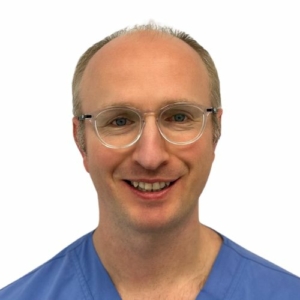
 Anal/Genital/Vaginal/Penile Moles, Skin Tags and Warts
Anal/Genital/Vaginal/Penile Moles, Skin Tags and Warts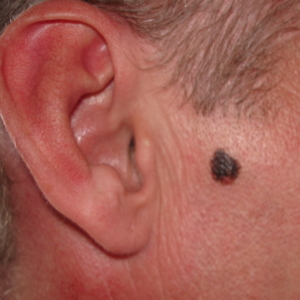 Nearly 75% Melanomas Detected by Patients or Non-Medics
Nearly 75% Melanomas Detected by Patients or Non-Medics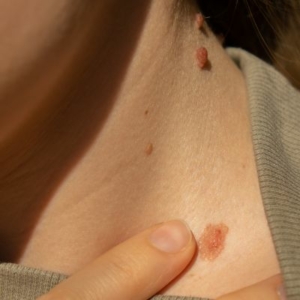

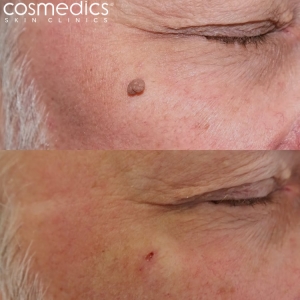 A papilloma is a growth on the skin, which can look quite odd and worrying. The good news is that papilloma is not cancerous. In addition, it can’t turn into skin cancer, as the causes are completely different.
A papilloma is a growth on the skin, which can look quite odd and worrying. The good news is that papilloma is not cancerous. In addition, it can’t turn into skin cancer, as the causes are completely different.